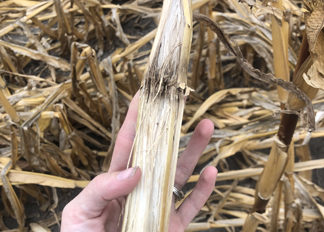
Expect An Uneven Harvest for 2020
2020 has been an intense rollercoaster of issues and emotions and its not even over yet! Harvest will soon be upon us thanks to an ever increasing drought and severe storm damage. These conditions are likely to throw farmers some major curve balls but they aren’t anything we can’t prepare for. In general we will…
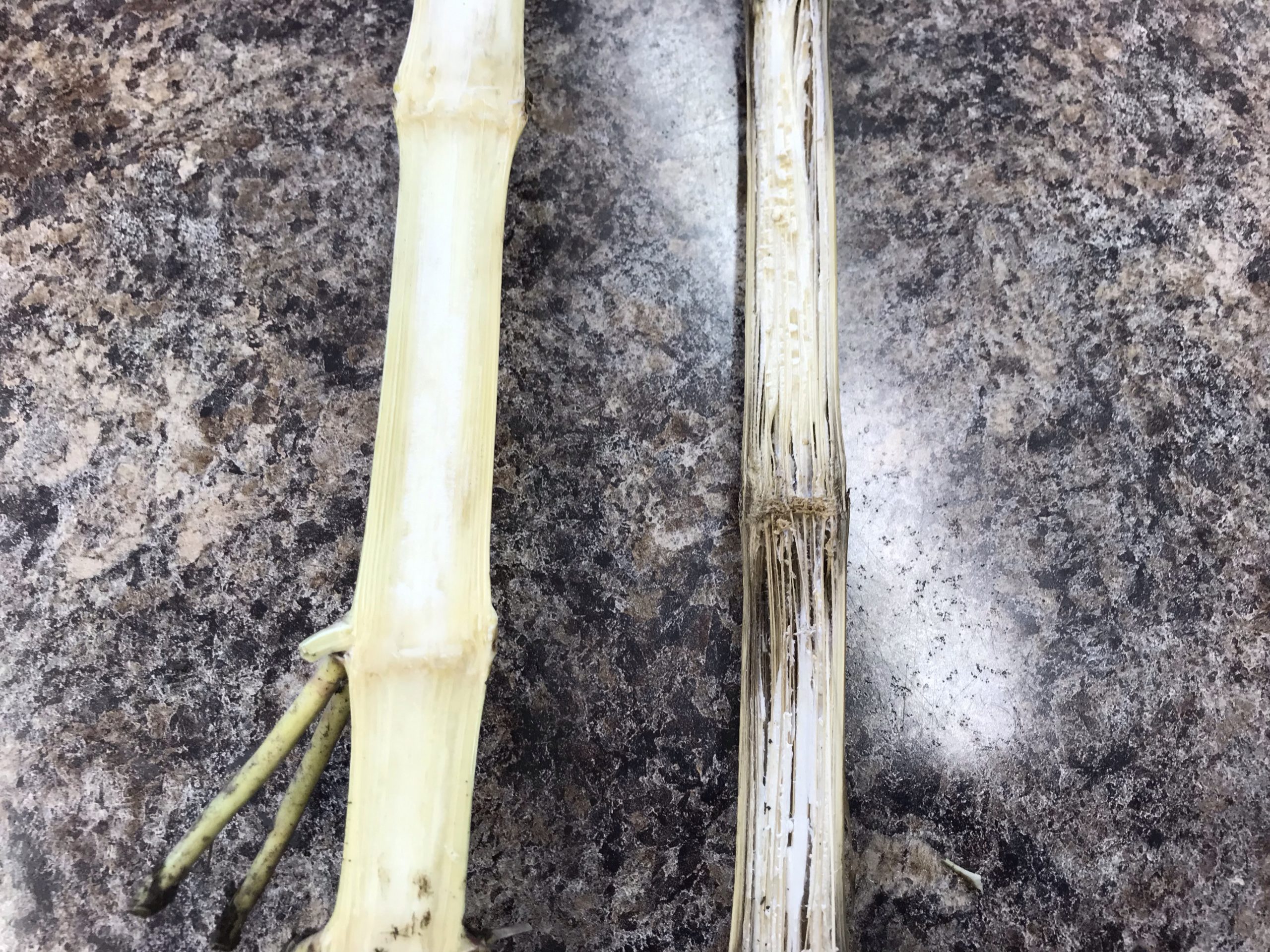
Be Prepared For Potential Stalk Rots in Corn This Fall
Throughout the 2019 growing season, growers have faced significance issues from many different directions. Unfortunately we need to be prepared for yet another one: stalk rots in corn. What can lead to stalk rots? Stalk rot pathogens, such as Anthracnose and Fusarium, are always present in the environment but need certain weather and host conditions…
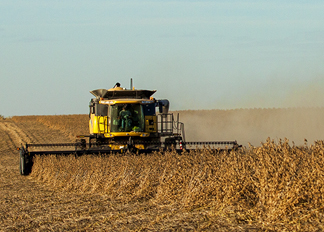
Thinking About Your Harvest Schedule – Soybeans
The beautiful and hectic season of harvest is just around the corner and will be here soon. Before it begins, take the time to think about factors (other than the weather) that may influence your harvesting schedule in order to maximize efficiency and profitability. For soybeans these include – Weed Seeds The best way to…
Pre-Harvest Thoughts – Soybeans
Harvest is quickly approaching and while we can see the light at the end of the tunnel, there is still a lot going on in soybeans to think about before combines get rolling. Water Use For those growers who irrigate, don’t shut your water off too soon. From beginning maturity to harvest soybean plants can…
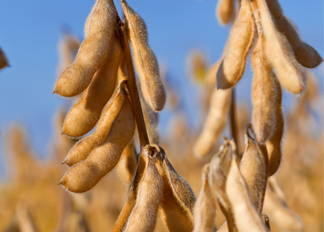
Things to Think About Before Soybean Harvest
Manage Harvest Losses Regularly stop and check to understand your loss – Just 4 to 5 beans on the ground per square foot can add up to one bushel an acre lost. Pre-harvest loss can be determined by checking in standing soybeans. Harvest loss can be determined by checking the rear of the combine. Head…
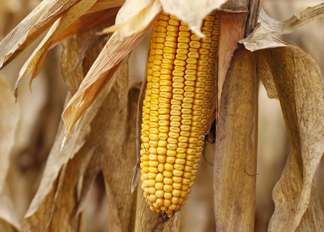
Managing Corn Harvest
By Nora Schultz, Sales Agronomist, CCA Water Use Corn that is at ½ milk line requires about 2.25 inches of water (or 0.1-0.2 inches per day) to reach physiological maturity (black layer). Once corn reaches black layer it stops accumulating dry matter and does not require water. Corn Drydown According to Iowa State University…
